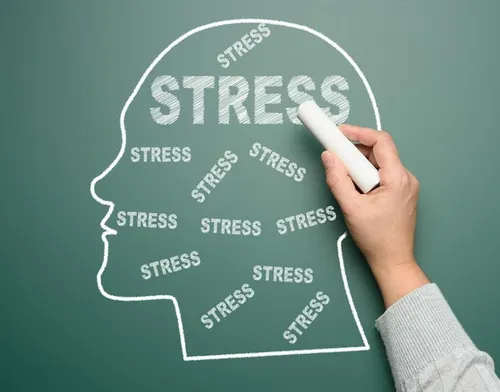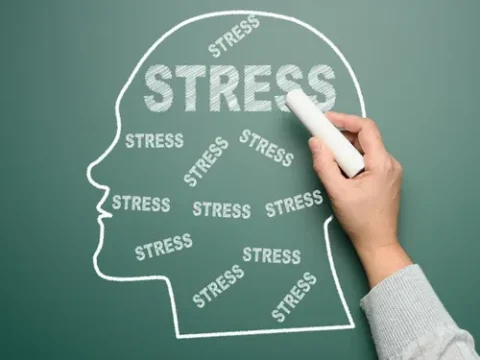The Ultimate Guide to Stress Management Techniques
Stress is a natural part of life, but chronic stress can have serious effects on both mental and physical health. Learning to manage stress effectively can improve mood, productivity, and overall wellbeing. This guide explores practical stress management techniques you can incorporate into your daily life.
1. Identify Your Stressors
The first step in managing stress is recognizing its sources. Understanding what triggers stress helps you develop strategies to address them.
Tips:
- Keep a stress journal to track patterns.
- Note both external stressors (work, finances) and internal ones (negative self-talk).
- Prioritize which stressors to tackle first.
2. Practice Mindfulness and Meditation
Mindfulness and meditation techniques help calm the mind and reduce the physiological effects of stress.
Techniques:
- Deep breathing exercises
- Guided meditation apps
- Body scan or progressive muscle relaxation
3. Exercise Regularly
Physical activity is one of the most effective ways to reduce stress hormones and boost mood-enhancing chemicals.
Tips:
- Incorporate 30 minutes of moderate exercise most days.
- Choose activities you enjoy, like walking, swimming, or yoga.
- Use exercise as a break to clear your mind during a stressful day.
4. Maintain a Healthy Diet
Nutrition plays a key role in stress management. A balanced diet helps regulate mood and energy levels.
Suggestions:
- Eat whole foods: fruits, vegetables, whole grains, lean proteins.
- Limit caffeine, sugar, and processed foods.
- Stay hydrated throughout the day.
5. Get Quality Sleep
Poor sleep increases stress levels and reduces coping ability. Prioritize rest to maintain mental resilience.
Tips:
- Maintain a consistent sleep schedule.
- Create a relaxing bedtime routine.
- Keep your bedroom dark, cool, and quiet.
6. Build a Support System
Having friends, family, or colleagues to talk to provides emotional support and perspective.
Suggestions:
- Share feelings with trusted individuals.
- Join community or interest groups.
- Seek professional counseling if needed.
7. Time Management
Poor time management can increase stress. Organizing tasks and setting priorities reduces pressure and enhances productivity.
Techniques:
- Create daily to-do lists.
- Break large tasks into smaller, manageable steps.
- Delegate responsibilities when possible.
8. Engage in Relaxing Activities
Hobbies and leisure activities provide mental breaks and help relieve stress.
Ideas:
- Reading or listening to music
- Gardening or crafting
- Mindful walks in nature
9. Limit Stress Triggers
Whenever possible, reduce exposure to stress-inducing environments or habits.
Examples:
- Take breaks from social media and news overload
- Establish boundaries at work or home
- Avoid multitasking excessively
10. Practice Positive Thinking
Shifting perspective and focusing on positive aspects helps manage stress more effectively.
Tips:
- Use affirmations or gratitude journaling.
- Focus on what you can control, not what you can’t.
- Celebrate small wins and progress daily.
Conclusion
Stress is inevitable, but how you respond to it makes all the difference. By incorporating mindfulness, exercise, proper nutrition, sleep, time management, and support networks, you can manage stress effectively and improve overall quality of life. Start with a few techniques and gradually build a personalized stress management routine that works for you.


